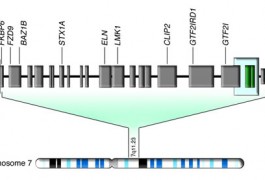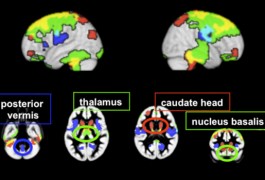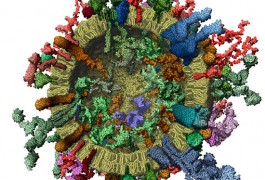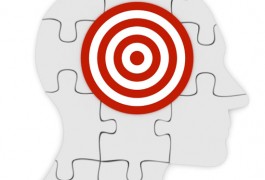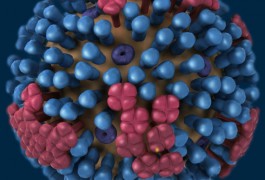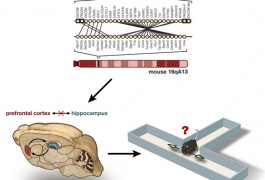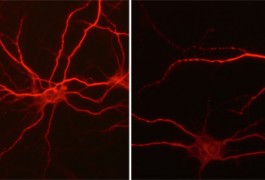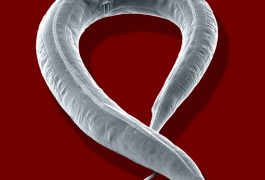Chromosome 7 segment gives clues to complex social behavior
Individuals carrying an extra copy of the genetic region that’s missing in Williams syndrome — which causes mental retardation and a hyper-friendly personality — have language impairments and other autism-like social difficulties, according to a wave of new research on this duplication syndrome.







